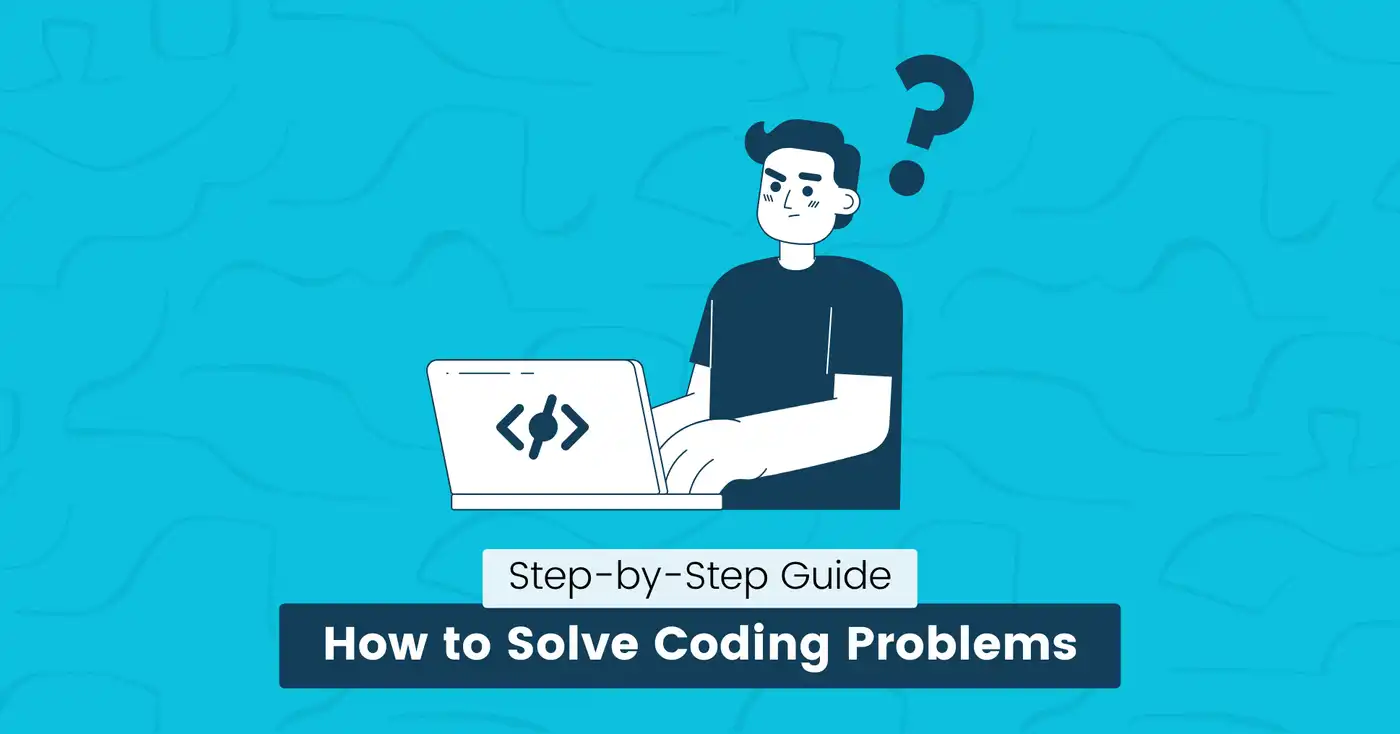
How to Solve Coding Problems: Step-by-Step Guide (2024)
Coding challenges are a common obstacle for many programmers, whether they are just starting or have years of experience.
In this complete guide, we will provide expert tips and strategies for effectively solving coding problems.
By following these valuable tips, you can confidently enhance your problem-solving skills and conquer even the most challenging coding tasks.
Let’s get started.
Read the Problem Statement Carefully
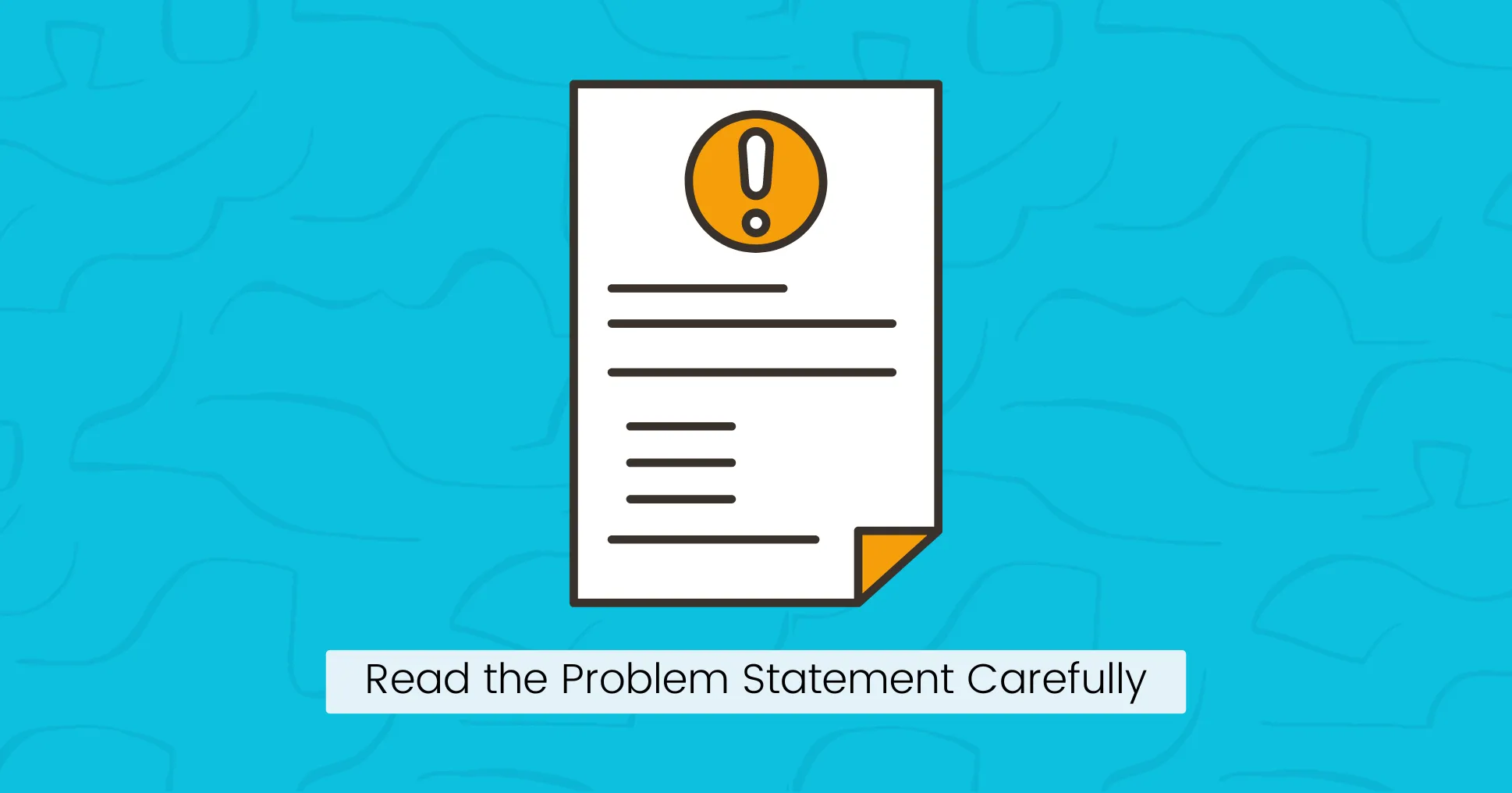
Identify key constraints
One imperative step in solving coding problems is identifying the key constraints in the problem statement. These constraints define the boundaries within which your solution must operate and can greatly influence your approach.
Note important variables
Carefully note down important variables mentioned in the problem statement as they often hold crucial information for solving the problem efficiently.
Understanding the significance of these variables can guide you toward the right solution approach.
Remember to consider any implicit variables that might affect your solution but are not explicitly mentioned in the problem statement.
Attention to all variables will ensure a more comprehensive understanding of the problem.
Tip: Here, you can learn about key programming definitions and terms
snappify will help you to create
stunning presentations and videos.
Break Down Complexity
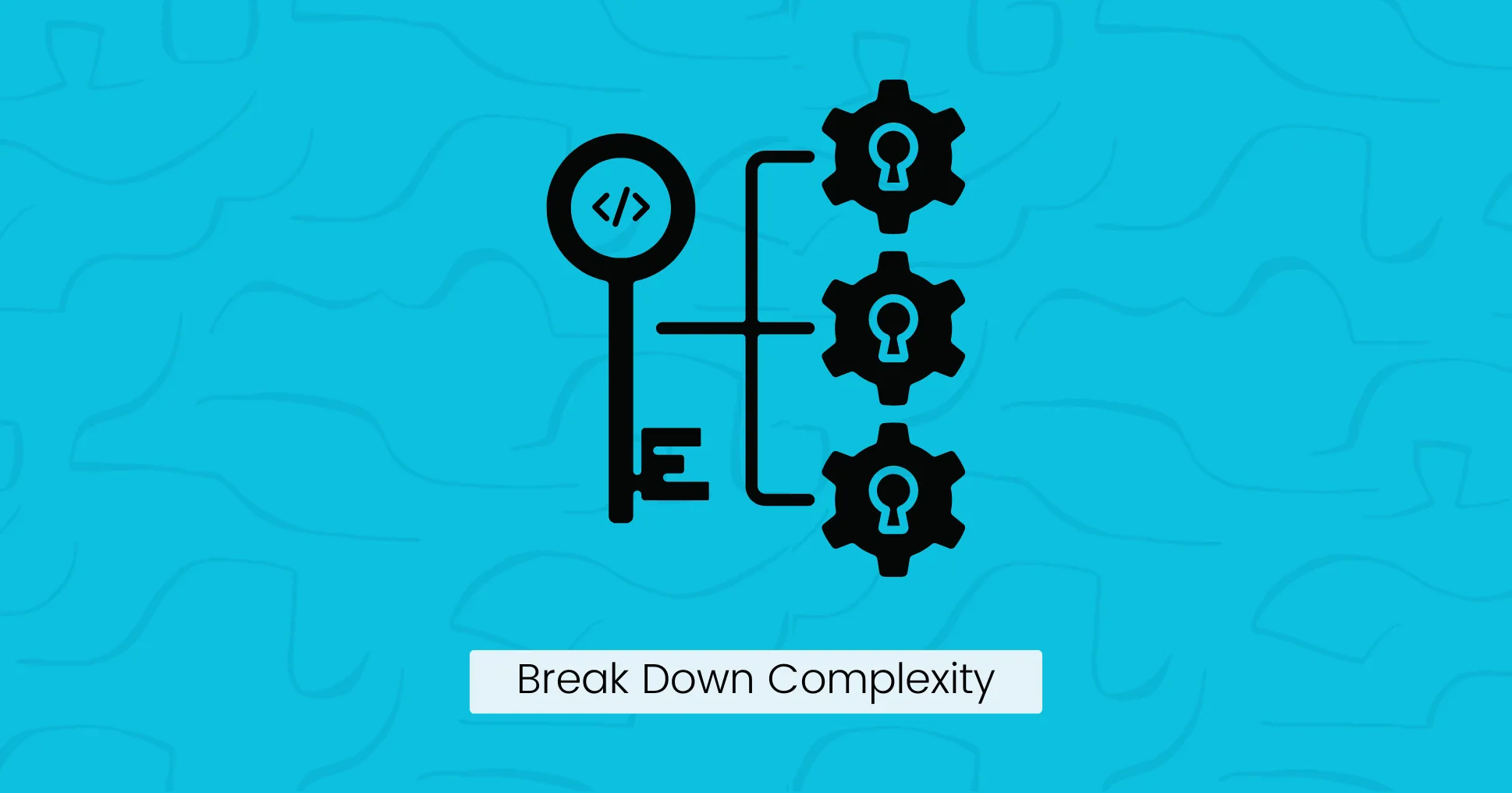
Divide into smaller Tasks
You’ll find that breaking down a complex coding problem into smaller tasks makes it more manageable.
Start by identifying the different components of the problem and breaking them down into smaller subproblems. This approach will help you tackle each subproblem individually and eventually solve the larger problem.
Focus on one task
The key to successfully breaking down a complex coding problem is to focus on one task at a time.
Concentrating all your efforts on solving one specific subproblem can help you avoid feeling overwhelmed by the complexity of the overall task.
This focused approach will improve your problem-solving skills and allow you to make steady progress toward the final solution.
When focusing on one task, setting clear goals and objectives for that specific subproblem is vital. It will help you stay on track and prevent distractions derailing your problem-solving process.
By dedicating your full attention and energy to each task, you can efficiently work through the complexities of the coding problem and find an effective solution.
Tip: The Feynman learning technique is the best solution for learning how to break down complex concepts.
Research and Learn
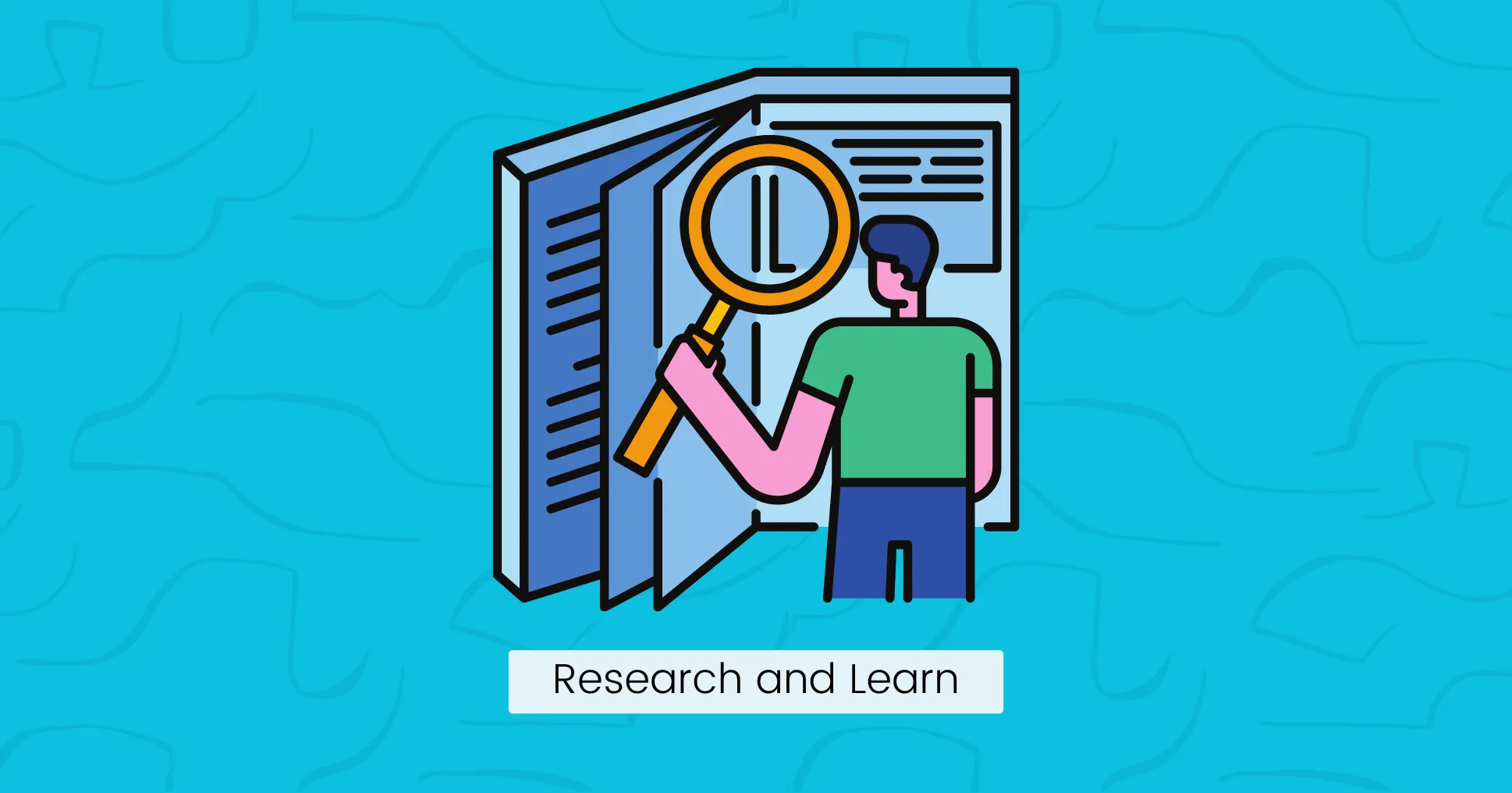
Study similar problems
Research shows that one of the best strategies to solve coding problems easily is to study similar problems.
By analyzing how others have approached and solved comparable issues, you can gain valuable insights and techniques to apply to your challenges.
Learn new concepts
Learning new concepts is imperative for continuous improvement in coding.
By staying updated with the latest technologies, algorithms, and best practices, you can enhance your problem-solving skills and broaden your understanding of different coding techniques.
Any aspiring coder should regularly explore new concepts through online courses, tutorials, and coding challenges.
This proactive approach helps solve current problems more effectively and prepares you for future challenges in the ever-evolving tech industry.
Tip: The fastest way to learn any new concept is to share what you learn. For example, you can learn a piece of code and then use code sharing tools to share your knowledge with the audience.
Write Pseudocode First
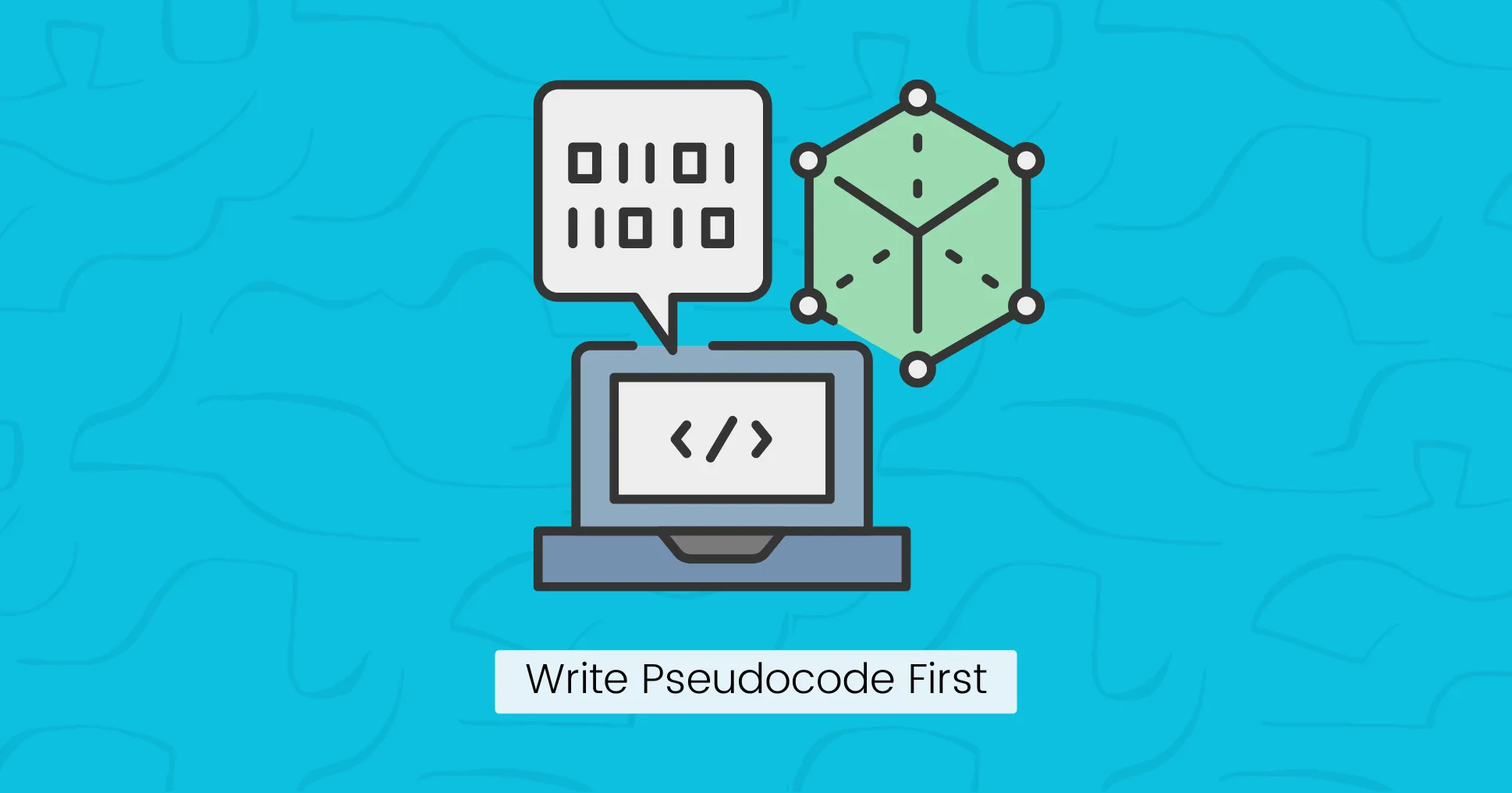
Plan out Algorithm Steps
For effective problem-solving, it is crucial to plan out the steps of your algorithm before writing actual code.
Pseudocode helps break down the problem into smaller, manageable steps, making it easier to implement the solution in the chosen programming language.
Visualize solution flow
While writing pseudocode, visualize how the solution will flow from one step to another.
This visualization helps in understanding the logic of the algorithm and can highlight any potential issues or optimizations that can be made before writing actual code.
For instance, if you are working on a sorting algorithm, visualizing the flow can help you determine the most efficient way to arrange the elements and identify any redundant steps that you can eliminate to improve performance.
Start with Simple
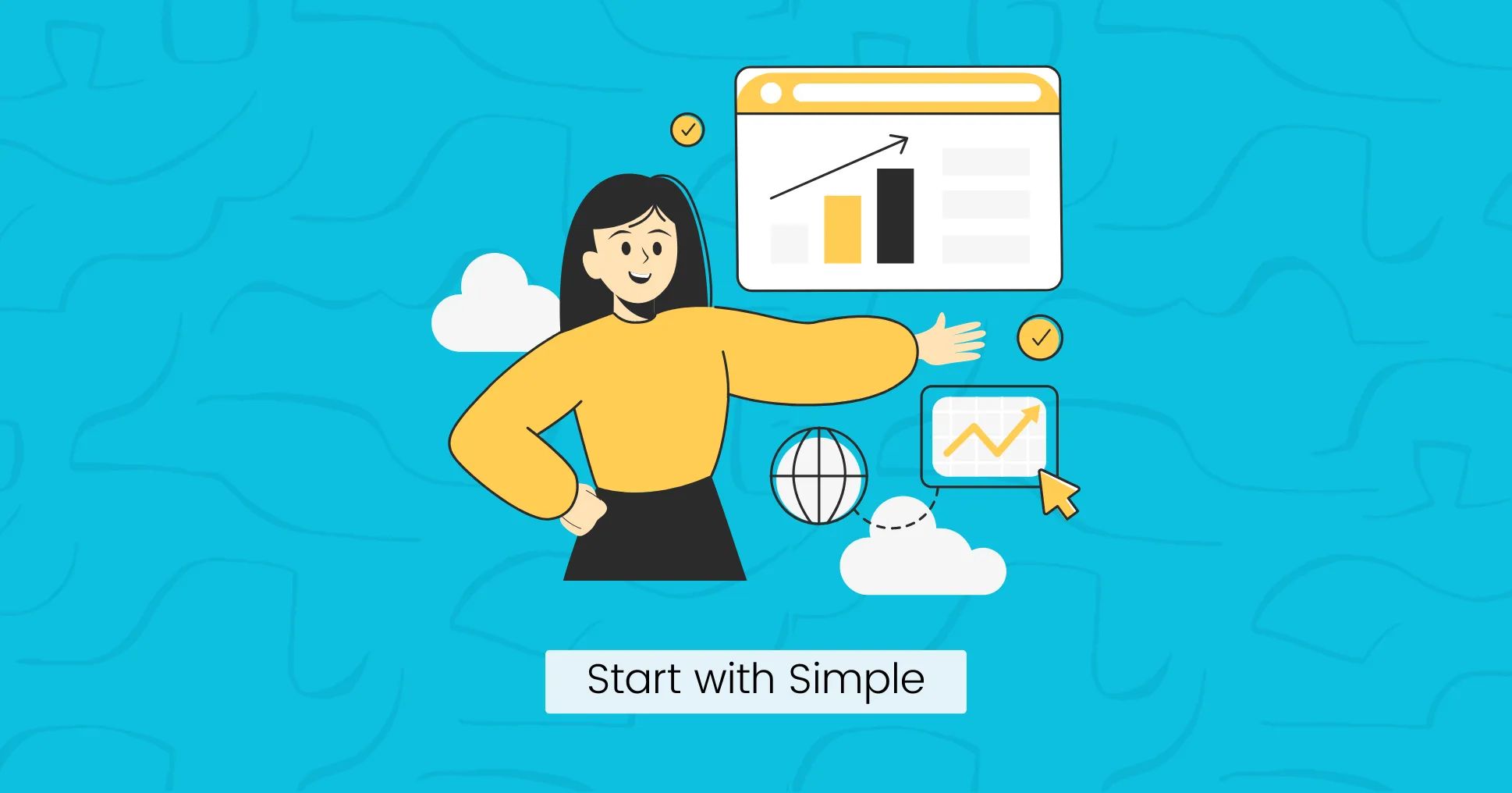
Implement basic solution
Unlike complex problems, coding problems are best tackled with a straightforward approach.
Begin by implementing a basic solution that may not be the most efficient but solves the problem correctly.
This helps in understanding the problem better and getting a working solution.
Refine as needed
Implementing a basic solution is just the beginning.
As you progress, refine your code by optimizing it for performance, readability, and scalability.
Refactoring code to improve efficiency and incorporating best practices will boost your solution to the next level.
A key strategy for refining your code is to analyze its complexity and identify areas for optimization. This may involve revisiting your algorithm choices and data structures or breaking down the problem into smaller, manageable parts.
By continuously refining your solution, you improve your coding skills and enhance the quality of your code.
Use Online Resources
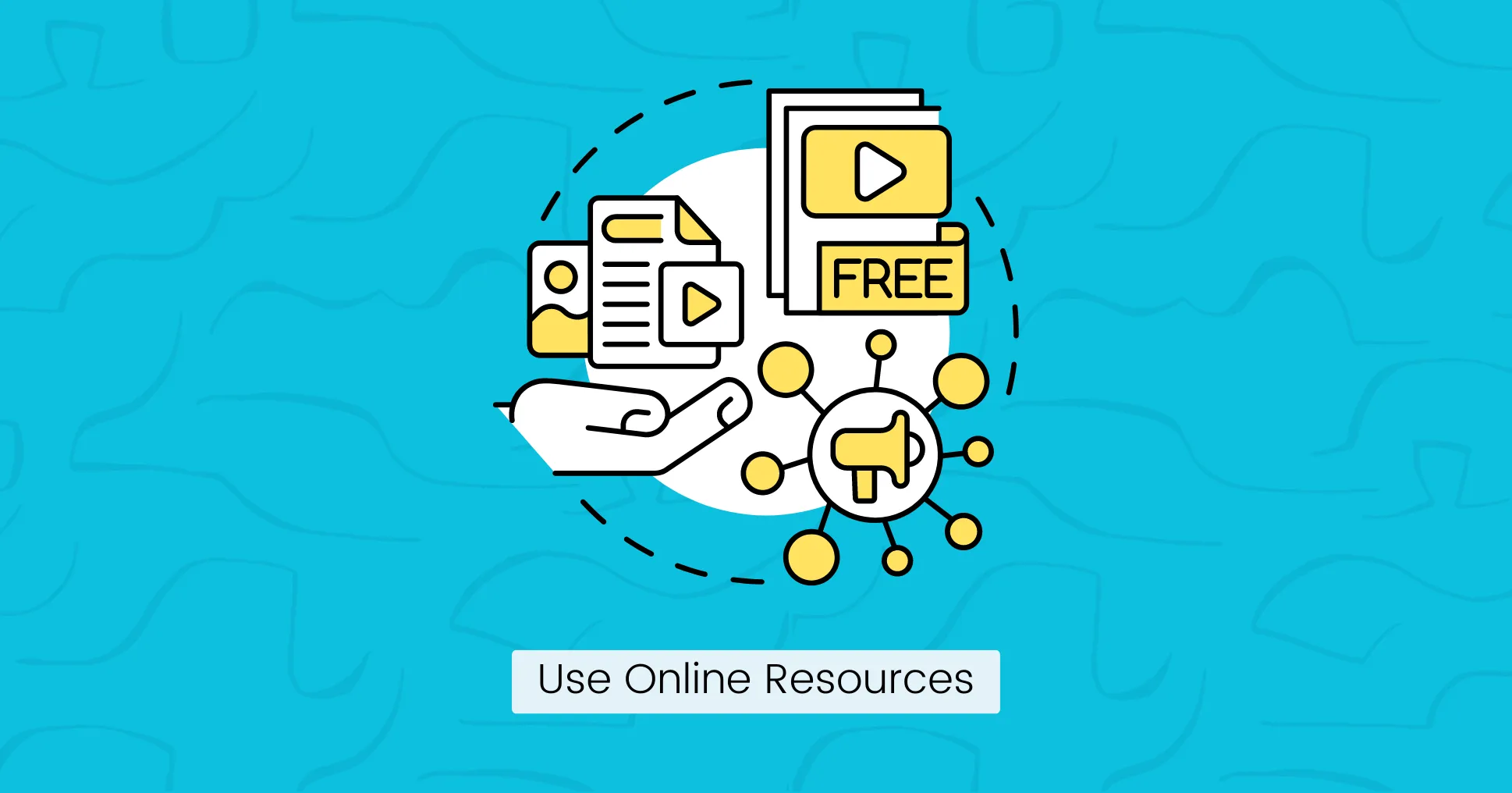
Leverage coding communities
Despite the various challenges of coding problems, the process becomes easier when you tap into the wealth of knowledge available in coding communities.
These online platforms, such as Stack Overflow and GitHub, offer a supportive environment where you can seek solutions, ask questions, and learn from experienced programmers.
Consult online tutorials
These resources provide step-by-step guidance on various programming concepts and problem-solving techniques, making grasping complex algorithms and data structures easier.
The abundance of online tutorials ranges from beginner to advanced, and they are fit for programmers of all proficiency levels.
By consulting these tutorials, you can enhance your understanding of coding principles and develop effective strategies for solving various coding problems.
Any aspiring coder should take advantage of the vast array of online resources that can facilitate the process of solving coding problems.
By leveraging coding communities, consulting online tutorials, and exploring other online platforms, you can quickly sharpen your problem-solving skills and become a more proficient programmer.
Tip: Resources like YouTube and Udemy are great ways. But you can also read the best development books to enhance your coding skills further.
Debug Thoroughly
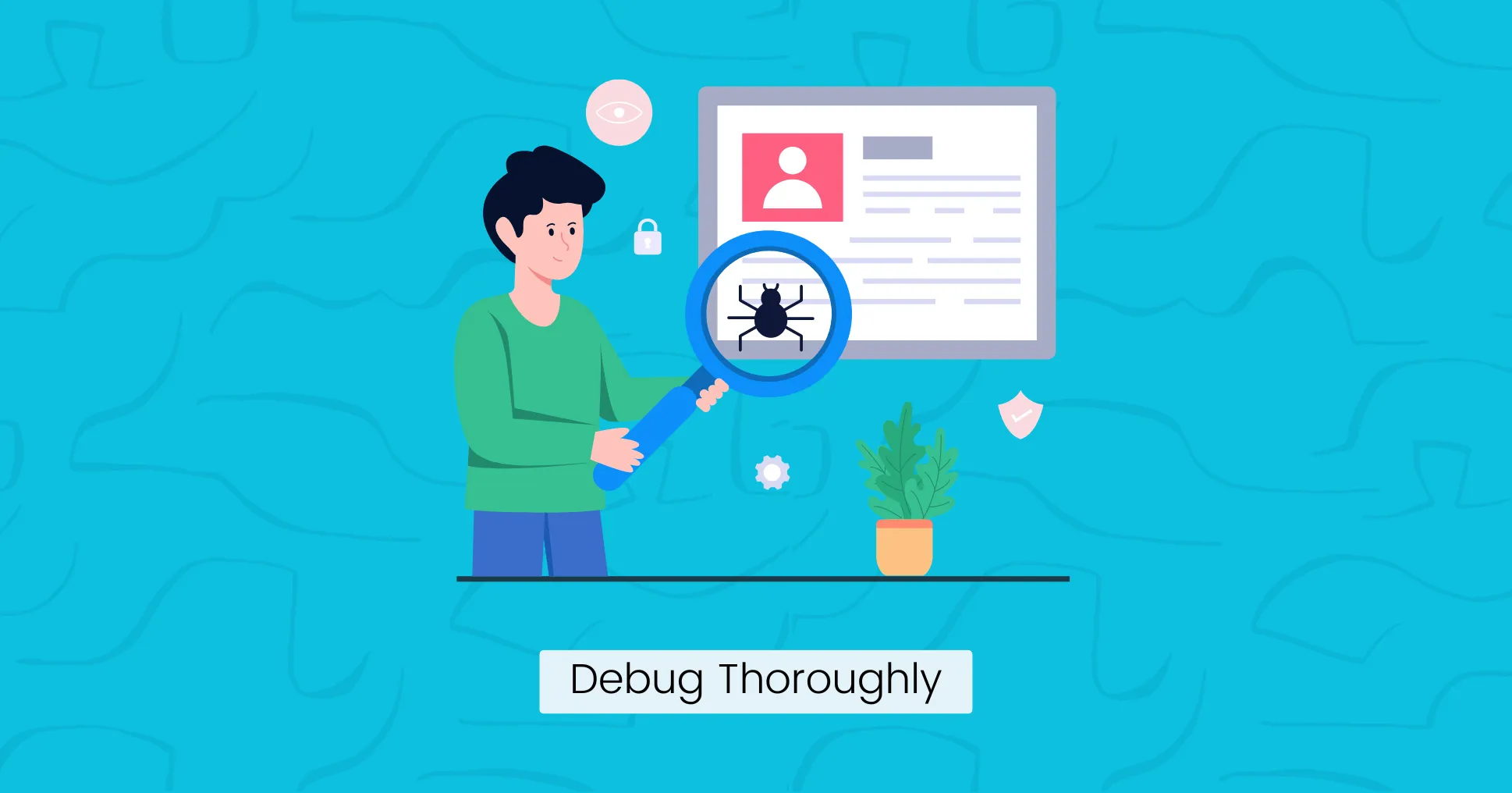
Identify common mistakes
Unlike overlooking small errors, identifying common mistakes is crucial in debugging code efficiently.
Any coder should be aware of recurring issues like:
- Syntax Errors
- Logical mistakes
- Incorrect variable usage
By recognizing these patterns, programmers can initiate debugging and write cleaner code.
Test edge cases
Any comprehensive debugging strategy should include testing edge cases to ensure code reliability and robustness.
By intentionally pushing the boundaries of input values or conditions, developers can uncover potential mistakes that might go unnoticed during regular testing.
This practice helps programmers anticipate and address unexpected scenarios, leading to more resilient code.
Testing edge cases involves evaluating the extremes of input data or conditions to verify the code’s behavior under challenging circumstances.
By examining how the program handles unusual or extreme values, developers can identify vulnerabilities or inefficiencies that may occur in real-world usage.
Practice Regularly
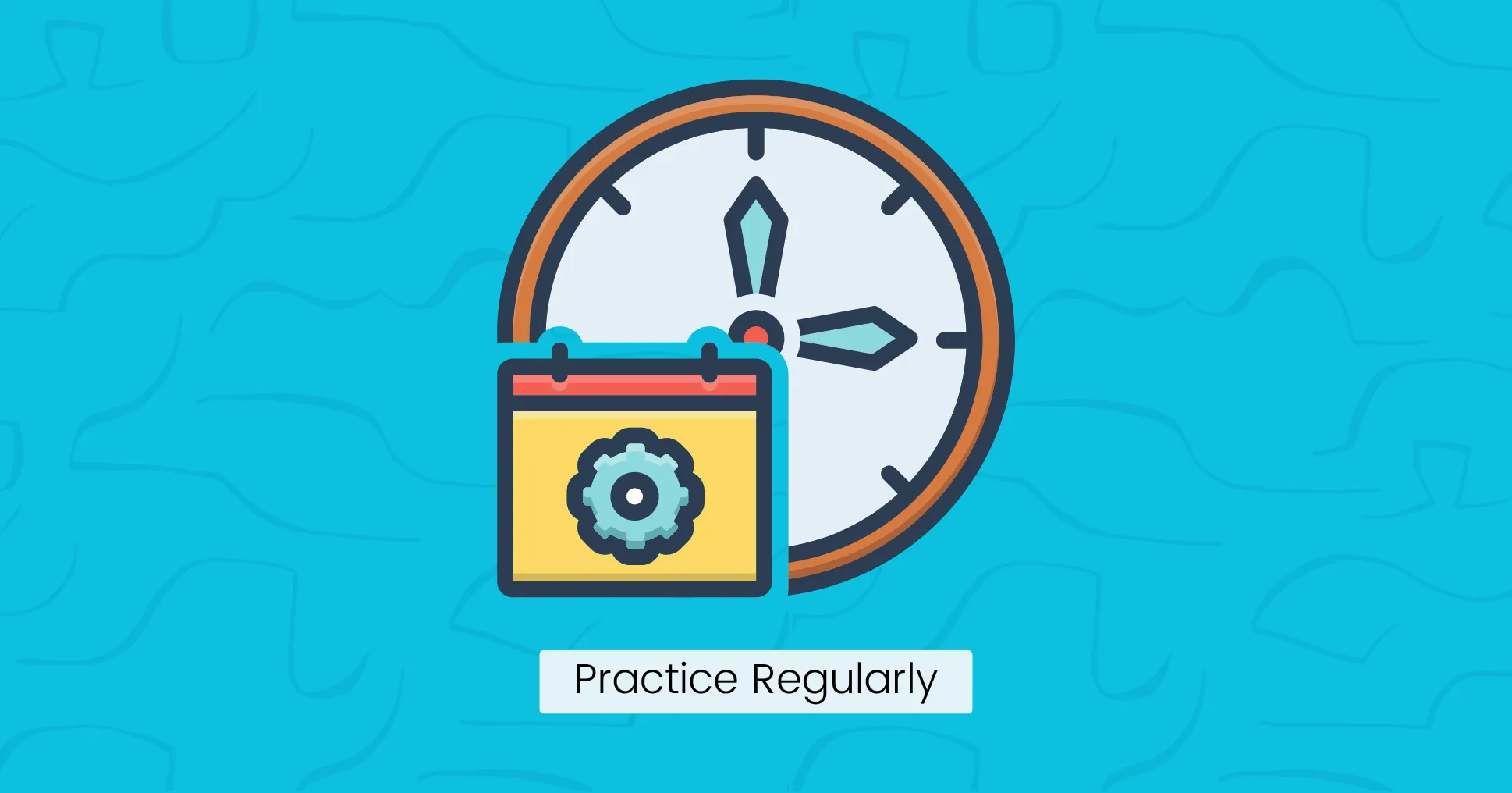
Build problem-solving muscle
Your coding skills are like a muscle that needs regular exercise to strengthen. Make a habit of solving coding problems daily to enhance your problem-solving abilities.
Develop coding instincts
Build a strong intuition for coding by practicing regularly.
As you solve more problems, you’ll notice patterns and common strategies that can help you tackle new problems more efficiently.
Developing coding instincts involves understanding different approaches to problem-solving and knowing when to apply them. This initiative will guide you in choosing the most effective solutions and optimizing your code for better performance.
Review and Refine
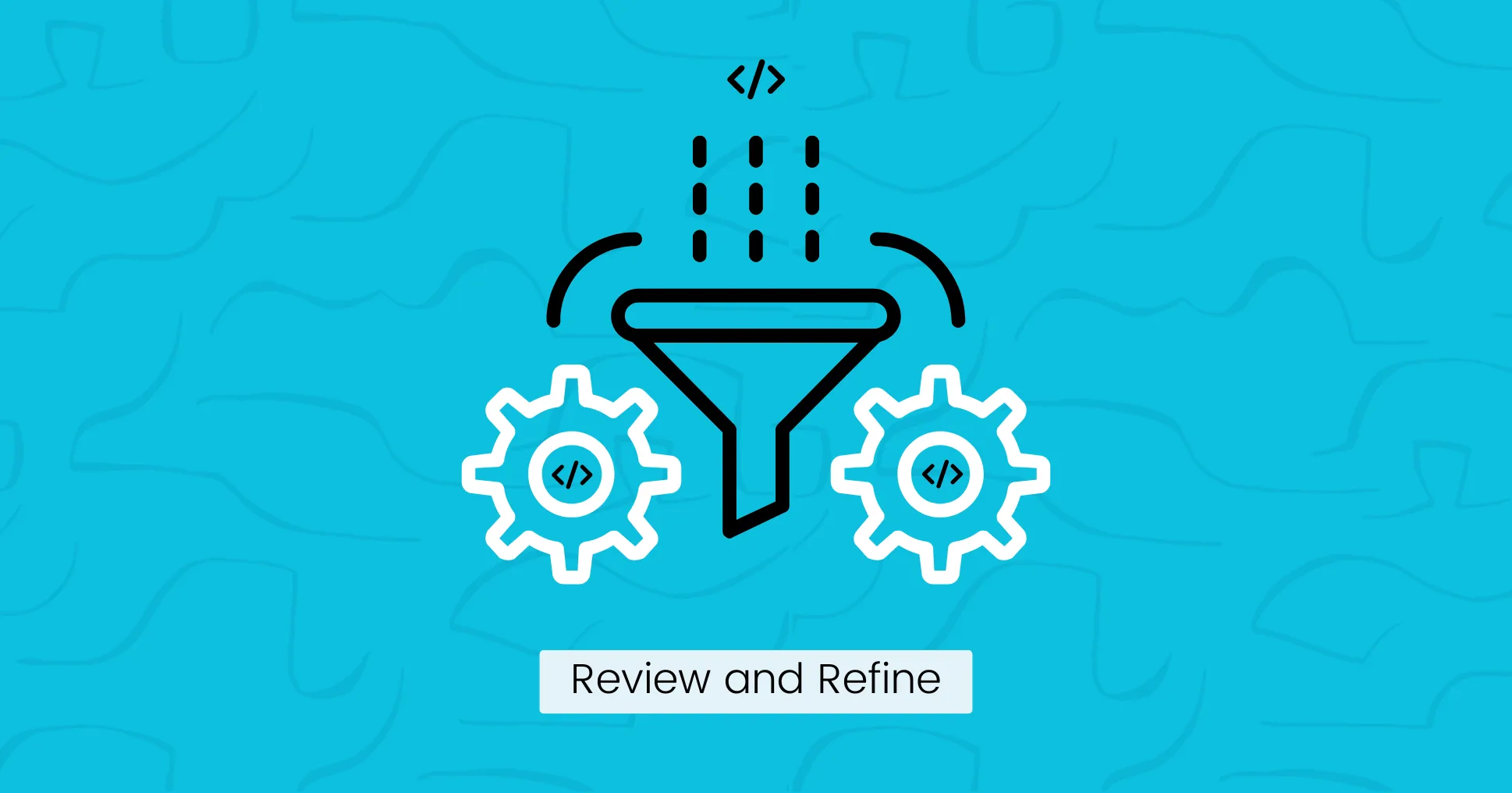
Analyze solution efficiency
Unlike simply finding a solution, it is imperative to analyze its efficiency.
Evaluate the time complexity, space complexity, and overall performance of the code.
This step will help you understand how the code will perform with larger inputs and whether there are any bottlenecks that need to be addressed.
Optimize code quality
Coding problems are not just about finding a solution but also about writing clean and efficient code.
Pay attention to coding standards, readability, and best practices.
Refactor the code to make it more concise, understandable, and maintainable. This step is crucial in ensuring that your code is not only functional but also of high quality.
You can use tools like linters and code formatters to check and improve your code’s quality automatically.
These tools can help you catch potential errors, enforce coding standards, and enhance the overall readability of your codebase.
By optimizing your code quality, you can make it easier for yourself and others to understand and work with the code in the future.
Tip: You can use a code review checklist to optimize code efficiency quickly.
Learn from Others
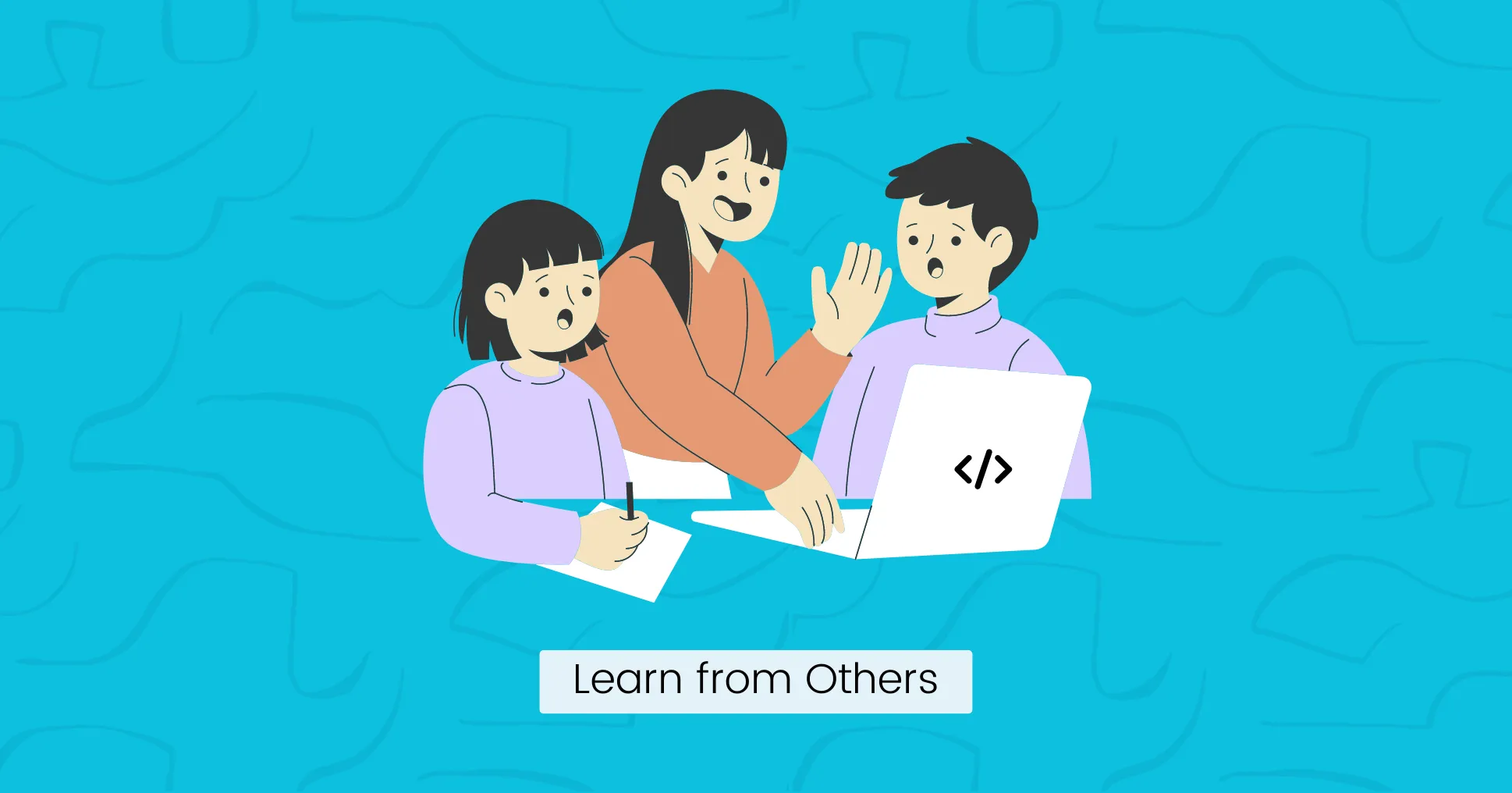
Study open-source code
Study open-source code to truly enhance your coding skills.
By studying the work of experienced developers, you can gain insight into different perspectives, problem-solving techniques, and coding styles.
This exposure can broaden your knowledge and inspire innovative solutions to coding problems.
Learn from mentors
Some of the most effective learning experiences come from mentors who can provide guidance, feedback, and real-world insights.
Connecting with experienced professionals in the field can offer valuable advice, help you navigate challenges, and accelerate your learning process.
Learn from mentors who have expertise in your specific area of interest.
Their guidance can help you grasp complex concepts, avoid common pitfalls, and stay updated on industry trends.
Building a strong mentorship relationship can significantly impact your coding journey and foster professional growth.
Stay Calm and Patient

Manage problem-solving stress
After encountering a challenging coding problem, managing the stress that comes with it is imperative.
Take deep breaths, step back, and remind yourself that feeling stuck is okay.
Keeping a clear mind will help you approach the problem more effectively.
Take breaks when needed
If you find yourself hitting a wall and getting frustrated, it’s time to take a break.
Stepping away from the problem for a few minutes or even an hour can improve your mental clarity.
Some fresh air or a quick walk can help reset your mind and improve focus when you return to the task.
When stress builds up, it can blur your thinking and make problem-solving even more challenging.
Taking breaks gives you a chance to relax and allows your brain to subconsciously work on the problem in the background, often leading to new insights and solutions.
Identify Patterns
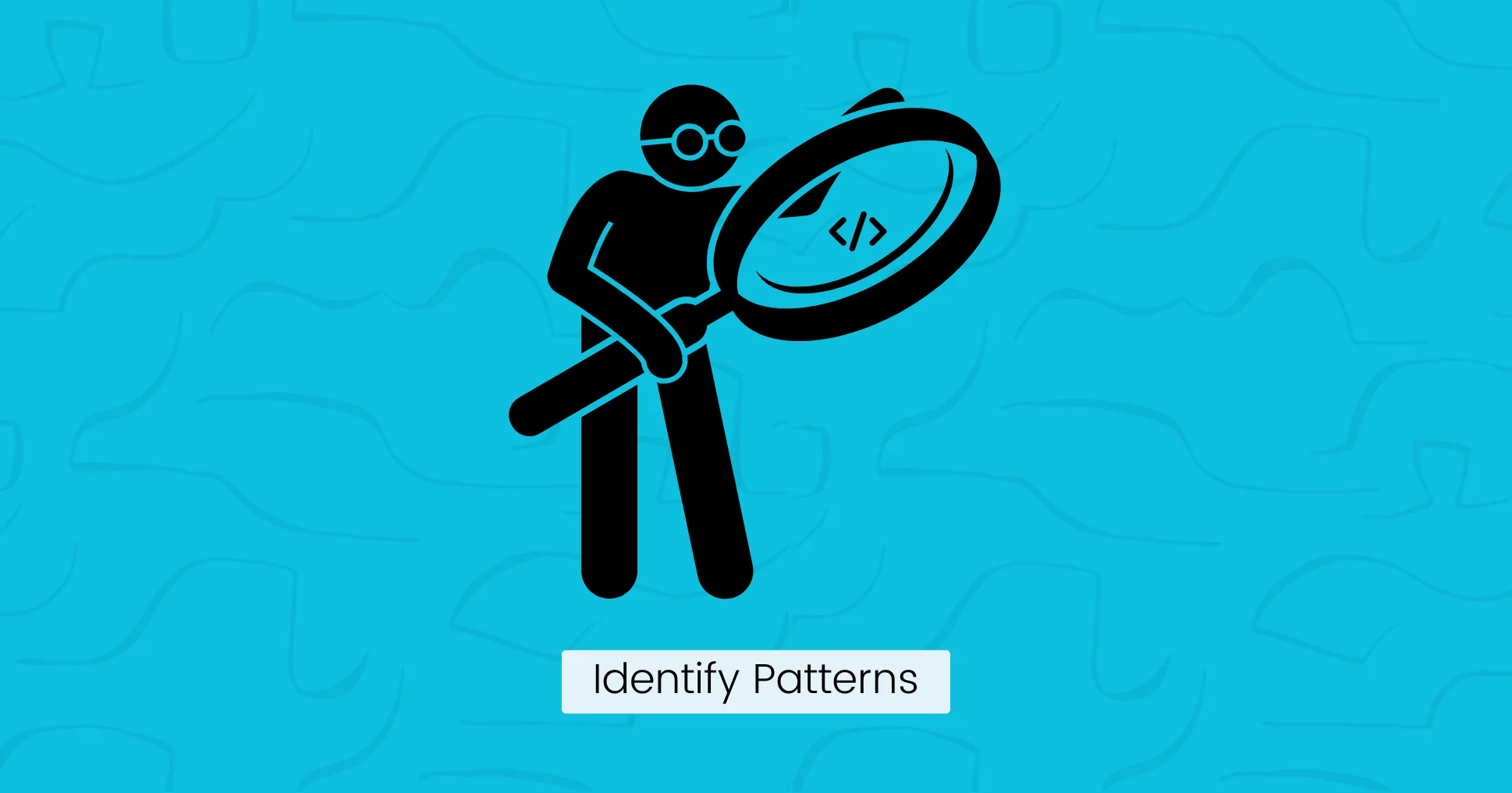
Recognize common patterns
One vital skill in solving coding problems is recognizing common patterns.
By identifying recurring themes or structures in the problem you’re trying to solve, you can apply similar solutions that have worked in the past. It can help simplify your problem-solving process and lead to more efficient coding.
Apply pattern-based solutions
To effectively apply pattern-based solutions, you need to understand different types of patterns commonly found in coding problems.
These patterns can include algorithms like sliding windows, two-pointers, or depth-first search.
By leveraging these patterns, you can quickly develop solutions that have been proven to work for similar problems.
Tip: You can explore different development frameworks to identify common patterns.
Draw Diagrams
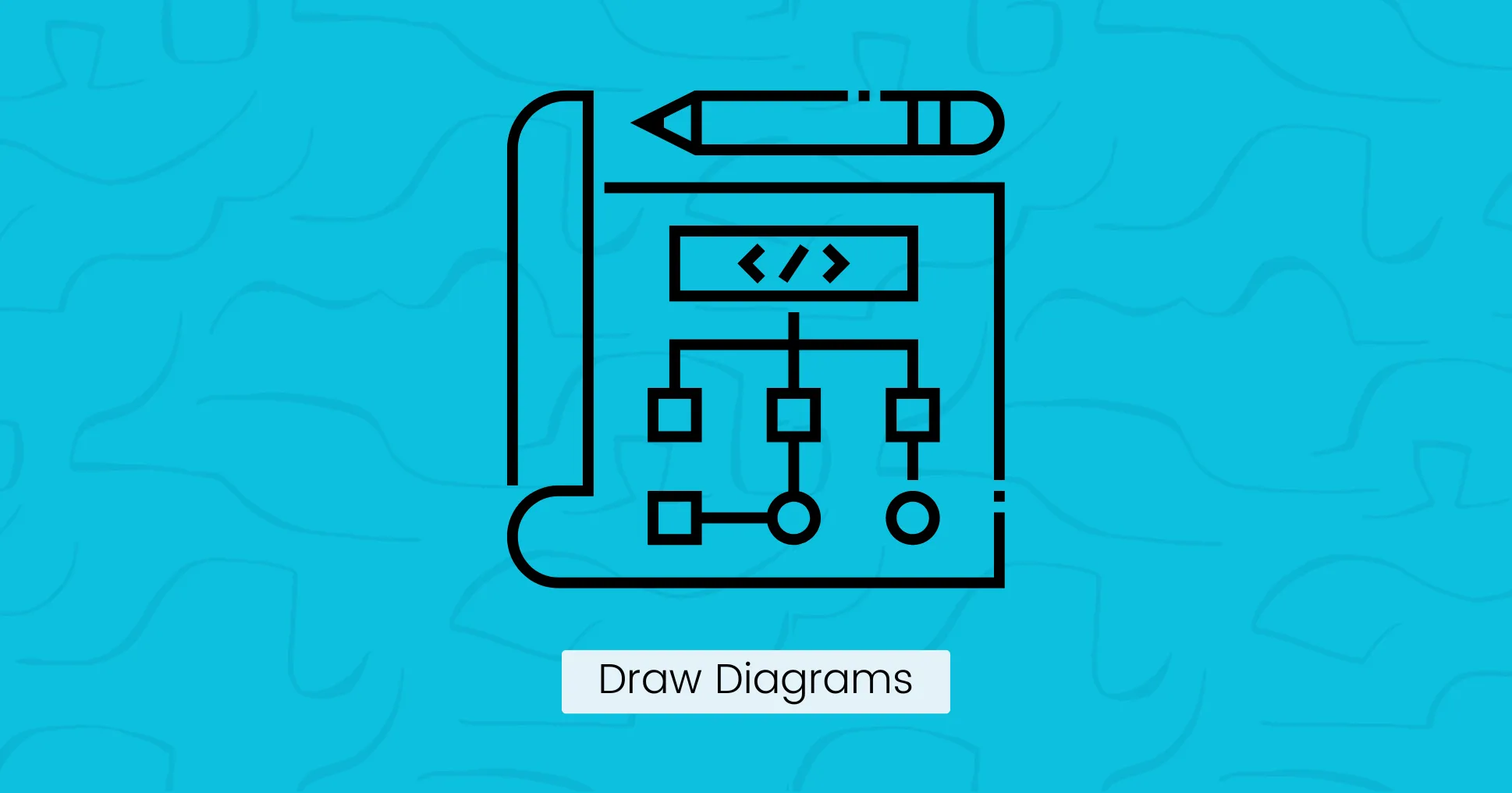
Visualize problem structure
When faced with a complex coding problem, start by visualizing its structure.
Use diagrams to represent different components, their relationships, and data flow. This visual representation can clarify the problem and help you identify key areas to focus on.
Illustrate solution flow
While solving coding problems, illustrating the solution flow through diagrams can facilitate the problem-solving process.
Create a step-by-step flowchart or sequence diagram to map the logic and algorithm.
This visual aid can guide you through the implementation phase and help you identify potential errors or optimizations in the solution.
Diagrams can also serve as documentation for your code, making it easier for others to understand your thought process and approach.
By incorporating visual elements into your problem-solving strategies, you can enhance your efficiency and accuracy in coding.
Collaborate with Peers
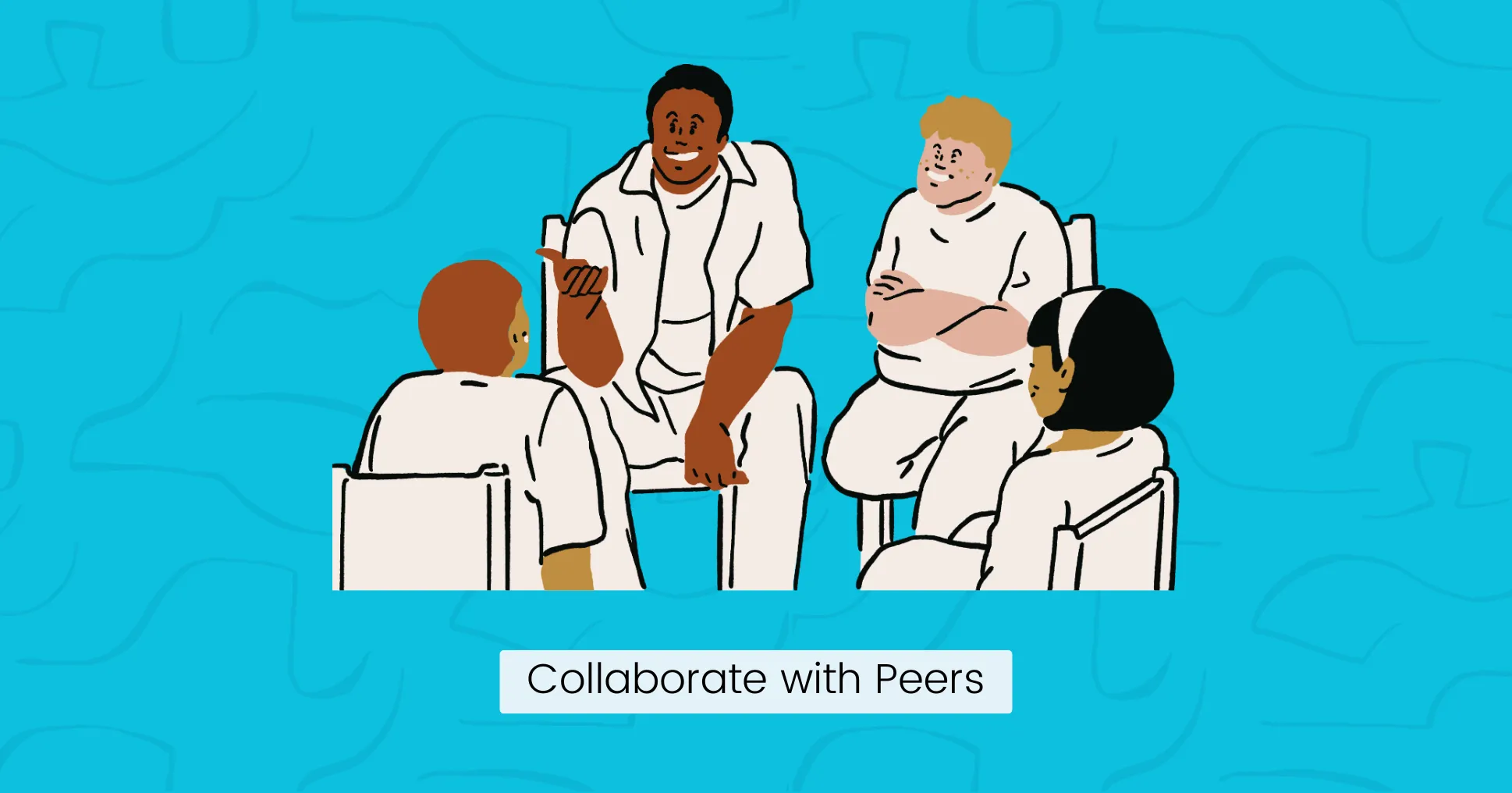
Work with coding partners
For an effective problem-solving strategy, consider working with coding partners.
Collaborating with peers can help you bounce ideas off each other, share different approaches, and collectively develop innovative solutions.
By leveraging your peers diverse skills and perspectives, you can tackle coding problems more efficiently and effectively.
Learn from peer feedback
Even the most experienced coders can benefit from constructive feedback from their peers.
Peer feedback can provide valuable insights into alternative solutions, code optimization techniques, and potential pitfalls to avoid.
You can continuously improve your problem-solving skills and expand your coding knowledge by actively seeking and incorporating feedback from your coding peers.
Work with your coding partners to brainstorm ideas, discuss different approaches, and troubleshoot any challenges you encounter.
Creating a collaborative environment with your peers can enhance your problem-solving abilities and accelerate your learning process.
Final Words
Mastering the key skills mentioned above will help you solve coding problems more easily and efficiently.
Buffing your problem-solving skills, staying organized, and utilizing various techniques such as pseudocoding and debugging can help you tackle coding challenges with confidence and precision.
Keep practicing and implementing these strategies to enhance your problem-solving abilities and become a more skilled coder.
FAQs:
Why is code optimization important in the problem-solving process?
Code optimization is important in the problem-solving process because it improves the code’s performance and efficiency. Optimized code runs faster, requires less memory, and performs better with large input sizes. Optimization reduces the code’s time and space complexity and ensures that it meets performance requirements.
Why is testing your code with different test cases important in coding problem-solving?
Testing your code with different test cases helps ensure your solution works correctly for various scenarios. It also helps identify edge cases, errors, and potential bugs in the code. Thorough testing enhances the reliability and accuracy of your code.
